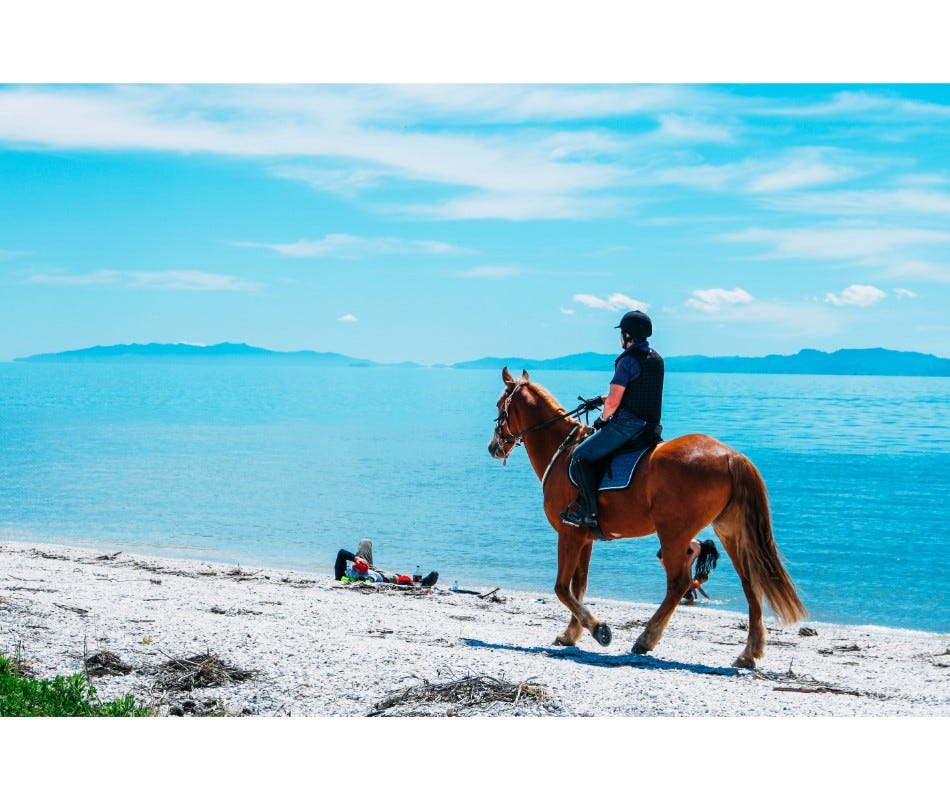We use cookies to make your experience better. To comply with the new e-Privacy directive, we need to ask for your consent to set the cookies. Learn more
AbIver: The Way to Solve Ascarid Problems in Horses
Ascarid Problems in Horses
When it comes to equine parasites, ascarids are not feared. Unlike strongyles, they don’t pose as a significant threat to the health of the horse and they don’t get much of the recognition like the tapeworm. However, this does not mean that they should be ignored. When it comes to battling with internal parasites, ascarids, or commonly known as roundworms, can unleash their wrath on foals that have underdeveloped immune systems. They can cause stunted growth, depression, and development of fatal colic in foals.
What are Ascarids?
Ascarid is a broad term for a large family of parasites that infect different species of vertebrates. These include cats, dogs, cattle, horses, goats, skunks, birds, raccoons, swine, and humans. Most ascarid species require a host to continue their lifecycle. They can be specific about their hosts. Meaning they only choose only one type of animal to do the job for them. Parascaris equorum, the species found in horses, can also infect donkeys and zebras, but not dogs or pigs.
The female ascarid is an exceptional bearer of egg. The female can lay thousands of eggs each day. These eggs can have thick, multilayered protective shell, which shields them from freezing and drying. The eggs can adhere to anything they can come in contact with, once they are passed out via manure. Equine ascarids continue their lifecycle in a very simple way compared to the rest of the family members. Transmission begins when infective eggs are ingested and it usually happens while horses are grazing. The infective stage of ascarid eggs begins after they have incubated well enough for a few weeks under moderate temperatures. Once the eggs have reached the infective stage, they can pretty much remain in the pasture for a decade.
Adult roundworms in horses usually stay in the small intestine, but they do travel. When a horse ingests an infective egg, the larva is liberated into the small intestine where it can invade the gut wall. From here, the larva can find its way to the liver through the lymphatic system, or circulation.
How can they affect horses?
Equine ascarids may not be a potential threat to adult horses unlike tapeworms. The primarily concern is for foals of up to 15 months old since they are more susceptible to their damage. How destructive ascarids can be will depend on the phase of their life cycle as well as the severity of the infestation. Light ascarid infestation does not have a significant impact on a horse. However, heavy infestations can trigger poor growth, weight loss, dull hair coat, lethargy, and colic. How ascarids cause the disease is still unknown. But it is attributed to the competition for nutrients. The foal may receive proper diet but because it is infected with ascarids, the nutrients cannot be absorbed, resulting in malnutrition.

Diagnosing and Treating Ascarid Infestation
Fecal examination is the best way to diagnose ascarid infestations in horses. Fecal exams detect eggs, which is why this test is only applicable in identifying mature worms. Immature ascarids are hard to detect using fecal exam; however, blood count, though unreliable, may indicate the presence of parasites through raised levels of eosinophils (white blood cells that respond to parasite invasion).
Macrocyclic lactone ivermectin dewormer can be effective against ascarids when given at low dosage. Apart from targeting both immature and adult worms found in the small intestine, ivermectin dewormer can target migrating ascarid larvae. Other dewormers can also deal with ascarids on their different stages of life. It is always best to work closely with your veterinarian especially when deworming foals. In the end, prevention is still the best way to avoid ascarid infestation.
For the best ivermectin dewormer at an affordable cost, choose AbIver™ from Abler. This broad-spectrum anthelmintic is considered safe for use in foals and pregnant mares as well. Buy ivermectin online from Abler now!








Validate your login